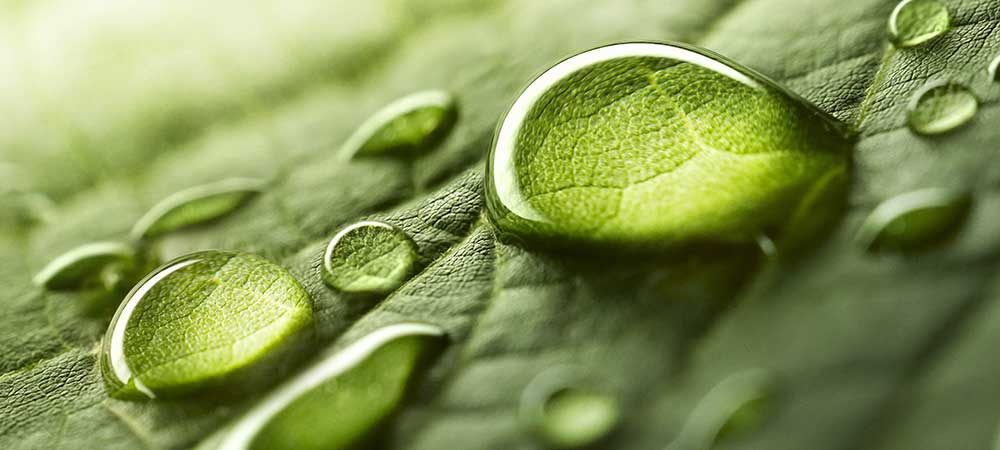Environmental Benefits of Reverse Osmosis
The plastic invasion of the planet is at its highest. More and more governments are proposing measures to reduce their impact on the environment.
In fact, to put the magnitude of the problem into context, in 2021 Europe will ban the sale of single-use plastics such as drinking straws, cutlery and cotton buds within its borders.
According to the
Water Footprint Calculator, it takes up to 100 litres of water to make 500 grams of plastic. That means it takes more than double the amount of water to produce the bottle, compared to the actual water content inside the bottle.
Plastic Bottle Impact
Single-use plastics account for half of all the plastic we use each year, a small sized plastic bottle which can have an average useful life of 10 to 20 minutes, can negatively impact our planet and wildlife for up to 600 years.
It is a very well known fact that plastic packaging will outlive us and even our children. Many recent changes around the world and in the UK, such as paper straws are a huge step in beginning to change the way we consume.
Reverse Osmosis Benefits
Purifying you water with reverse osmosis has numerous environmental benefits. The process itself is completely pure, reverse osmosis does not require the use of any environmentally hazardous chemicals and instead encompasses a very efficient and environmentally friendly design.
Many large towns and cities around the world are supplied with drinking water sourced from largescale, reverse osmosis purification plants. The company Aqua Swiss, based in Switzerland is one example of these large-scale operations, making use of reverse osmosis.
Contribute to Change
Make your contribution to environmental change by reducing your plastic bottle waste. Even though most of us here in the UK, do make a great effort at recycling our plastic waste, it also important to remember that the recycling process is not completely green and also harmful to our environment.
Switching to a reverse osmosis water purification device, allows you to greatly reduce your plastic bottle waste. Get great tasting purified water, at a quality rivalling and even surpassing many bottled water brands.
Our award winning reverse osmosis water purification devices, consist of multiple stages of reverse osmosis purification. Get great tasting, pure water at the turn of a tap, while making your impact to environmental change.

